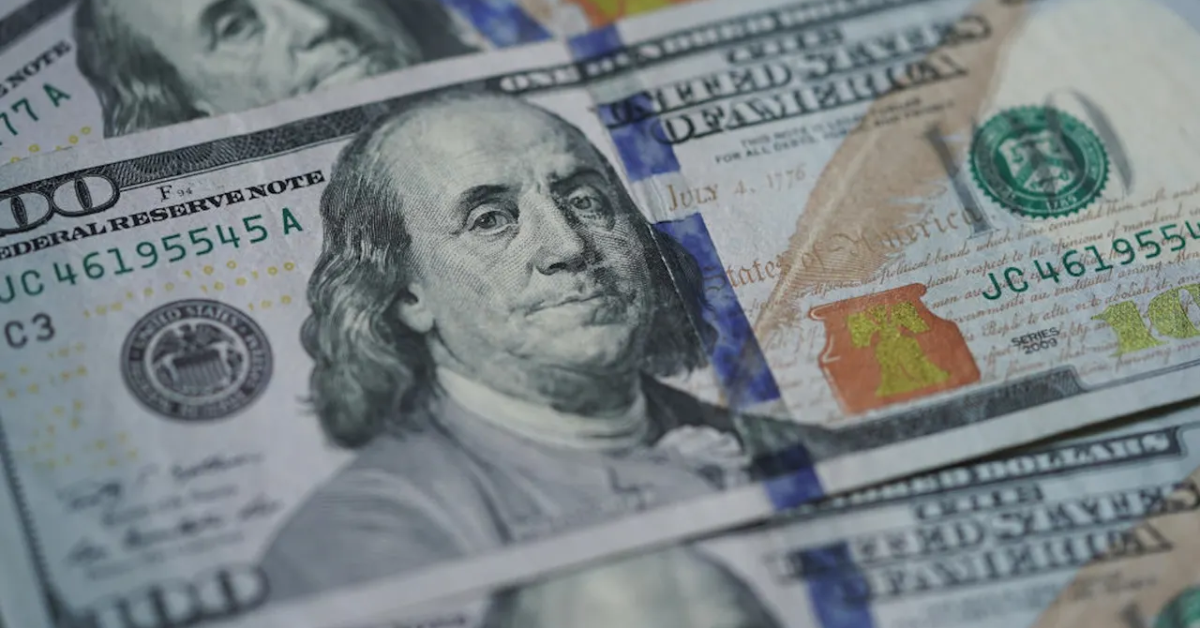A New Jersey business owner has admitted to committing large-scale fraud, illegally obtaining over $3.2 million in Paycheck Protection Program (PPP) loans intended to help businesses during the COVID-19 pandemic. The case highlights the dangers of fraudulent activities that occurred due to the urgent need for financial support during the pandemic.
Daniel Dadoun, a 48-year-old Israeli citizen and former South Plainfield resident, pleaded guilty in federal court to one count of bank fraud and one count of money laundering. The charges stem from a series of fraudulent PPP loan applications he submitted between April 2020 and August 2022. Dadoun appeared before U.S. District Judge Robert Kirsch, who scheduled his sentencing for August 13, 2025.
The PPP loan program was established by the U.S. government to provide financial relief to businesses affected by the COVID-19 pandemic. These loans were intended to keep employees on payrolls, allowing companies to survive through a period of unprecedented financial strain. However, the need for quick assistance led to several cases of fraud, and Dadoun’s case is a prominent example of how criminals exploited the system for personal gain.
According to court documents and statements made in court, Dadoun ran multiple businesses in New Jersey. Between 2020 and 2022, he submitted several fraudulent loan applications, falsely reporting the number of employees at his companies and exaggerating payroll expenses. To further deceive lenders and the Small Business Administration (SBA), Dadoun submitted altered tax records and forged bank statements. By providing these falsified documents, he was able to secure millions of dollars in loans to which he was not entitled.
The PPP loans were designed to help businesses continue to operate during the pandemic, but Dadoun used the funds for personal gain. Once the loans were granted, he continued the fraudulent activity by submitting fake loan forgiveness applications. These applications misrepresented the status of his businesses, claiming that they still met the eligibility criteria for loan forgiveness. In reality, his businesses did not qualify, and Dadoun had no intention of repaying the loans. This ongoing deceit only worsened the financial harm caused by the fraud.
The charges against Dadoun are serious, and the consequences of his actions are significant. The bank fraud charge carries a maximum penalty of 30 years in prison, along with a fine of $1 million, or twice the gain or loss associated with the crime—whichever amount is greater. The money laundering charge also carries severe penalties, including up to 10 years in prison and a fine of $250,000, or twice the amount of money laundered. Given the scale of his fraudulent activity, Dadoun faces substantial prison time if convicted.
The investigation that led to Dadoun’s arrest was conducted by several federal agencies, including Homeland Security Investigations (HSI) Newark, the IRS Criminal Investigation – New York Field Office, and the Social Security Administration’s Office of the Inspector General. These agencies collaborated under the COVID-19 Fraud Enforcement Strike Force, a Department of Justice initiative designed to combat pandemic-related financial fraud on a national level.
The case against Dadoun is part of a broader effort to identify and prosecute individuals who took advantage of the pandemic relief programs for personal gain. Since the introduction of the PPP, federal authorities have been investigating numerous instances of fraud, and Dadoun’s conviction will serve as an example of the serious consequences of such criminal activities.
The federal government has urged the public to report any suspected COVID-19 relief fraud to the National Centre for Disaster Fraud. Individuals can do so by calling the hotline at 866-720-5721 or by filing an online complaint at justice.gov/disaster-fraud. The authorities are actively investigating and prosecuting fraudsters who have abused the PPP and other relief programs.
Daniel Dadoun’s case serves as a reminder of the importance of safeguarding government assistance programs against fraud. While the PPP program provided vital support to millions of businesses during the pandemic, it also became a target for those looking to exploit the system. In Dadoun’s case, his actions have caused financial harm to taxpayers and businesses that were genuinely in need of assistance during an unprecedented crisis.
As the case progresses, it serves as a warning to others who may consider committing similar fraudulent acts. The Department of Justice has made it clear that it will continue to pursue individuals involved in pandemic-related financial fraud and ensure that they are held accountable for their actions.
The case is still ongoing, with sentencing scheduled for August 2025. At that time, the court will determine the exact penalties that Dadoun will face for his actions. While his guilty plea is an important step in the legal process, the consequences of his crimes extend far beyond the courtroom. The impact of fraudulent activities like his can undermine public trust in government programs designed to help those in need.
This case highlights the need for vigilance and accountability in the administration of relief programs, especially during times of crisis. The swift response of federal agencies in investigating and prosecuting COVID-19 relief fraud sends a strong message that those who abuse the system will face significant consequences. It is also a reminder of the importance of responsible financial management and ethical business practices, particularly during times of national emergency.
Disclaimer: This article has been meticulously fact-checked by our team to ensure accuracy and uphold transparency. We strive to deliver trustworthy and dependable content to our readers.


